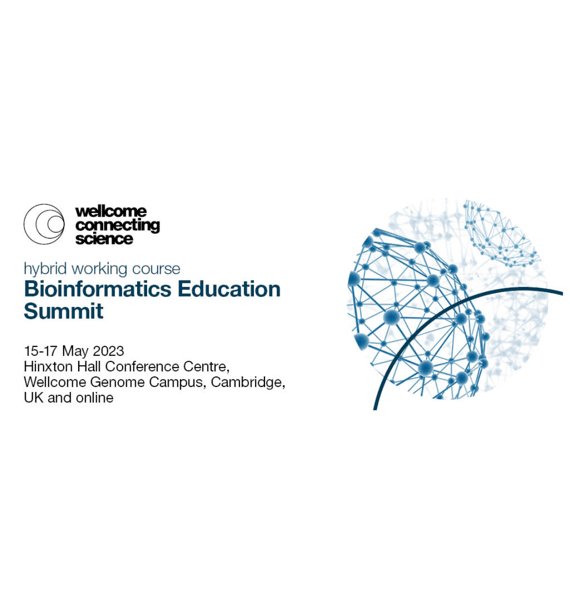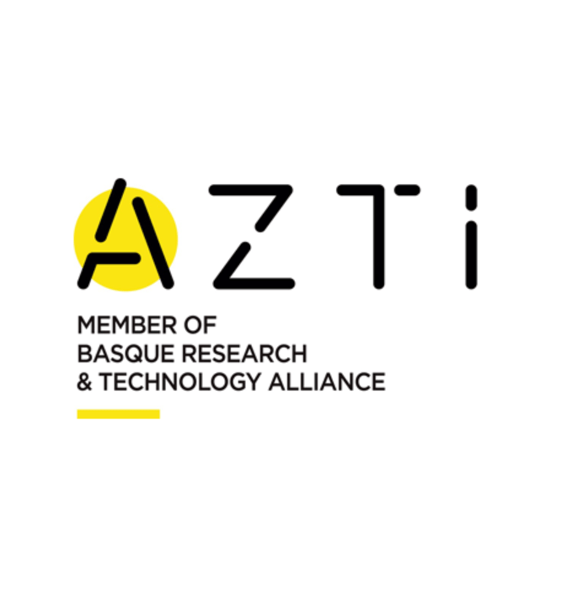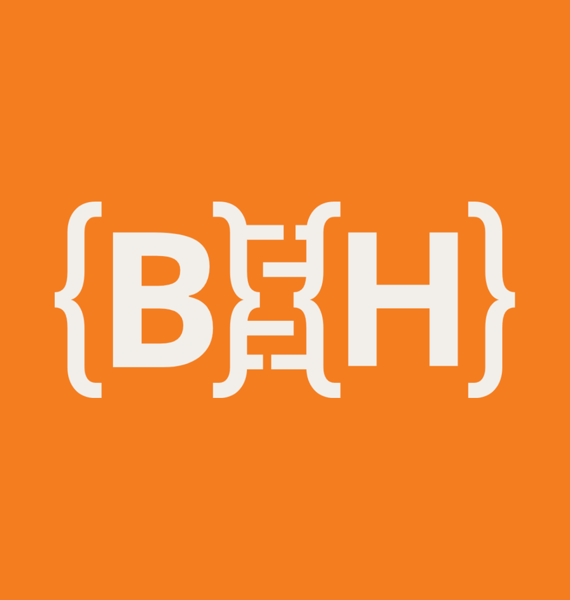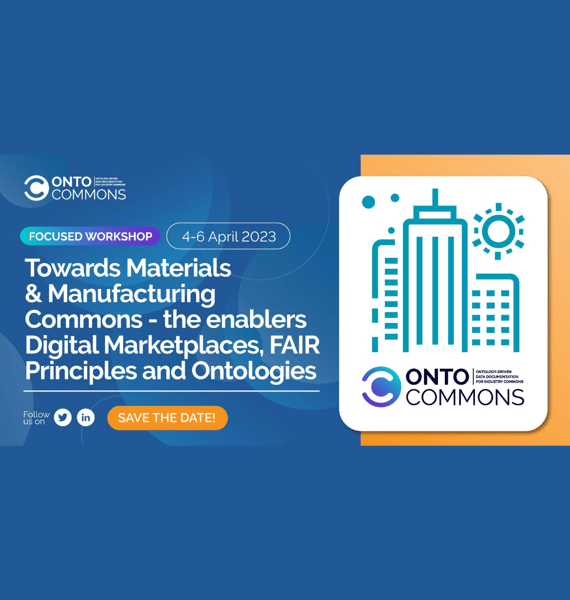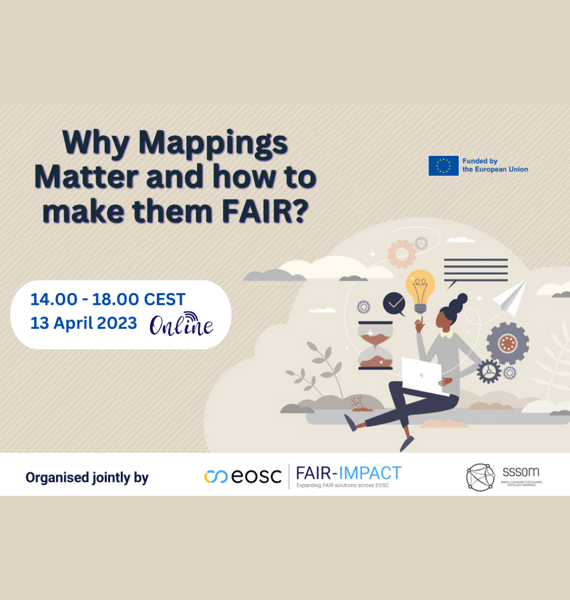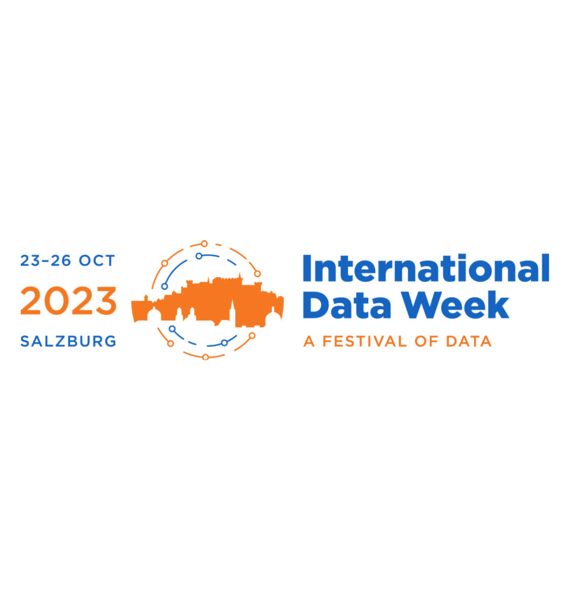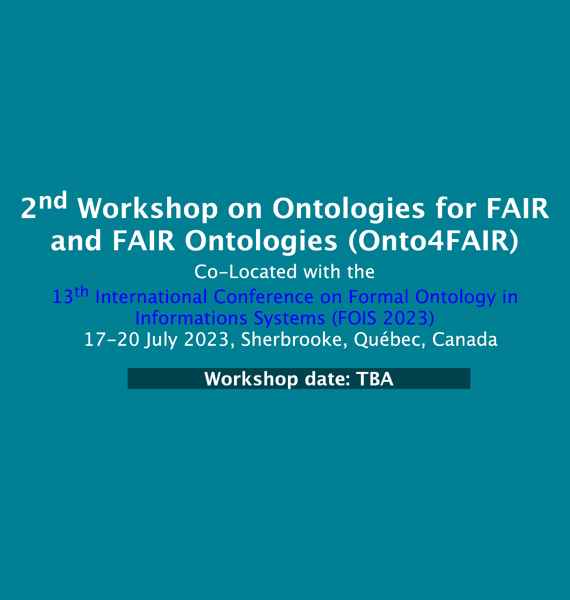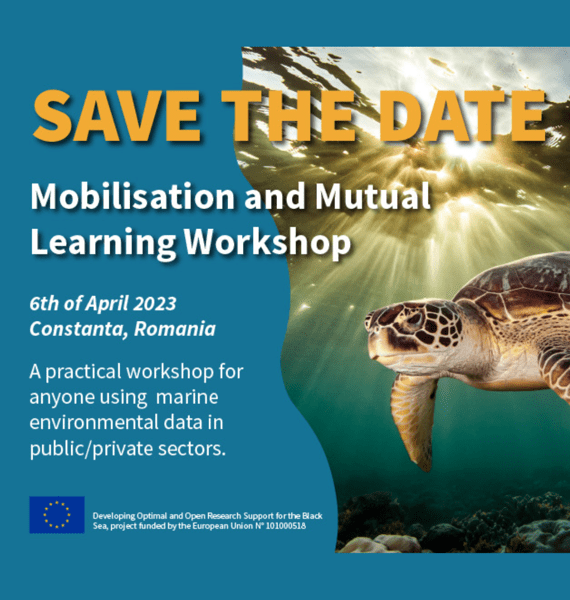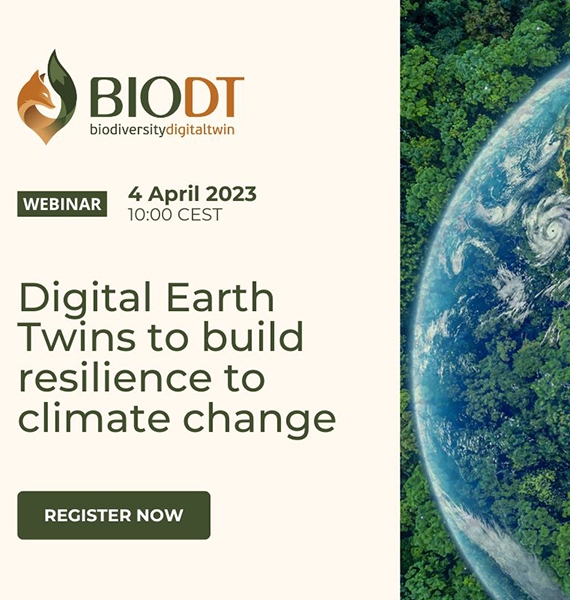UK, 15–17 May 2023.
The Bioinformatics education summit provides a platform for discussion, development and dissemination of advances, guidance and best practice for training and education in bioinformatics as part of a global network.
Held as a working meeting (rather than a conference or workshop), its goal is to promote the advancement of training and education through the development of resources, best practices and guidance for delivery, all of which are made openly available to the global community through its partner networks.
The first summit was held in Cape Town in 2019 under the auspices of H3ABioNet, with subsequent summits held virtually, hosted by different organisations with a key interest in training and education (EMBL-EBI, CABANA and APBionet). Outputs from previous summits have included a training guidance and resources portal (hosted by GOBLET); the third evolution of the ISCB bioinformatics competency framework and guidance on its implementation; best practices and resources for the delivery of bioinformatics training in LMICs; guidance and recommendations for virtual and hybrid course delivery; and a globally available virtual Train-the-Trainer course.
This year’s meeting will offer both in-person and virtual attendance and will focus on three main themes:
- Furthering the use and adoption of the ISCB competency framework through extending the framework itself to include health data science roles and developing further practical support for people to use it in developing training.
- Exploring how we can make our training and teaching more green, including improving compute practices for environmental sustainability
- Developing and sharing best practice for building and supporting communities of best practice in training.
There will also be opportunity to further review challenges and opportunities for developing and delivering training to participants in low resource settings, as well as participating in initiatives focused on ensuring that training materials are FAIR, train-the-trainer activities, and much more.
If you are involved in the design and delivery of bioinformatics training and education and would like to spend 3 days working with a global community of trainers and educators to develop guidance and practice with impact on a global scale, then please join us!
Travel bursaries are made possible through RItrainPlus, a co-organiser of the Education Summit. The RItrainPlus project received funding from European Union’s H2020 programme under grant agreement no.101008503, and LifeWatch ERIC is a partner.
More information is available here.
